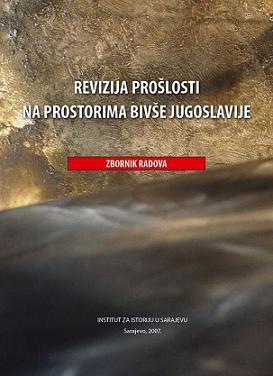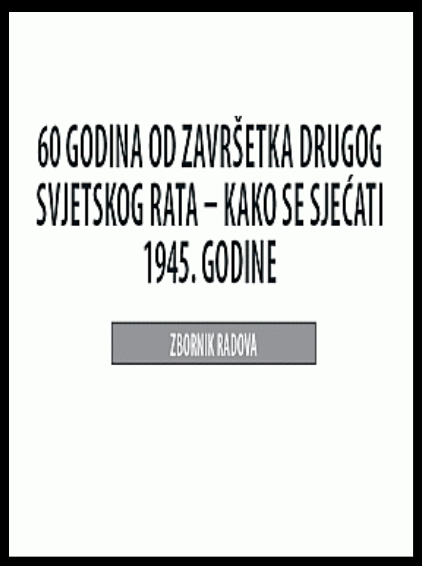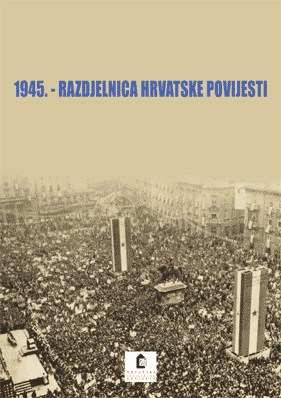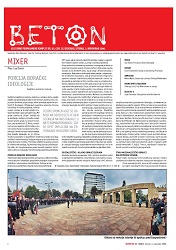
(Ne)legitimni revizionizam: pravo i (pseudo)istoriografske revizije na zapadu i istoku
The contribution is analyzing the legal aspects of historiographical revisionism, in an attempt to highlight the role of the courts in delineating between legitimate historical reevaluation of the past and the denial of essential historical facts, the latter being referred to as negationsim. The experience of Western countries in combating negationism through criminalisation of various forms of denial of mass crimes or through the civil litigation is juxtaposed to the confused postotalitarian dynamics in Eastern Europe and its anarchic reception in the region of the former Yugoslavia.
More...




